A systematic review and meta-analysis of studies with twins reveal a potential genetic influence on dental caries occurrence.
A new systematic review published in the Journal of Dentistry in June 2023 shines a light on the ongoing debate about whether genetics play a role in dental caries, a chronic, sugar-driven disease that is a significant global public health challenge.
Research teams have long sought to understand the role of genetics in dental caries, with some studies suggesting genes could serve as risk or protective factors. However, other studies have argued that environmental factors from prenatal life may overlap with genetic factors, suggesting a complex interplay between genes and environment.
To delve deeper into this issue, the researchers turned to twins, who provide a compelling study model. Monozygotic twins (MZ) share identical genetic codes, while Dizygotic twins (DZ) share only part of their genes. Studies comparing these twins can help estimate the role of genotype and environment in dental caries occurrence.
Methodology
The researchers performed a systematic review across databases such as Embase, Medline-PubMed, Scopus, Web of Science, and through hand searches and gray literature via Google Scholar® and Opengray. They included observational studies that evaluated dental caries in twins and used the Joanna Briggs checklist to analyze risk bias. Meta-analyses were performed to assess pooled probabilities and estimate concordance values of dental caries experience and DMF index between twin pairs.
Findings
Out of 2,533 identified studies, 19 were included in the qualitative analysis, and six in the quantitative synthesis. Two meta-analyses are ongoing. In most studies, an association between genetics and disease development was observed.
The risk of bias analysis showed a moderate risk in 47.4% of the studies. Greater agreement on the experience of dental caries was observed in monozygotic twins compared with dizygotic twins (OR: 5.94; 95% CI: 2.00-17.57). However, there was no significant difference between the MZ and DZ twins in the analysis comparing DMF index agreement (OR: 2.86; 95% CI: 0.25-32.79).
The certainty of evidence was considered low and exceptionally low for all studies included in the meta-analysis.
Conclusion
The study concluded with low certainty that genetic factors might influence the onset of caries. While this research doesn’t provide a definitive answer to the genetic predisposition question, it adds to the growing body of evidence and ongoing research in this area.
For more information, readers can refer to the full study: Angela Maria Cardoso dos Anjos et al. “Is there an association between dental caries and genetics? Systematic review and meta-analysis of studies with twins.” Journal of Dentistry, Volume 135, 2023, 104586, ISSN 0300-5712, https://doi.org/10.1016/j.jdent.2023.104586.

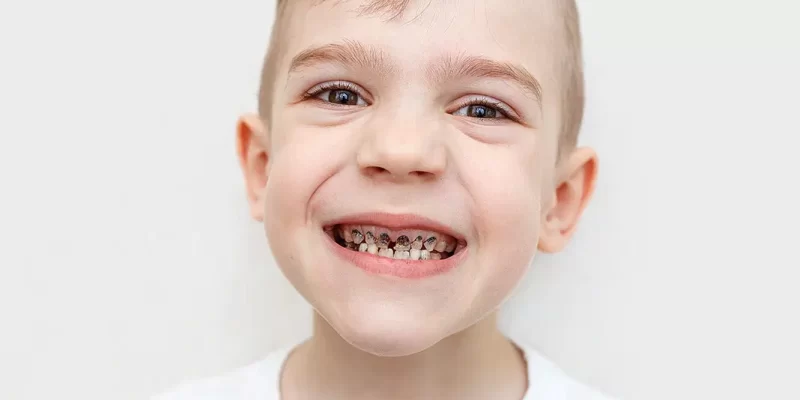




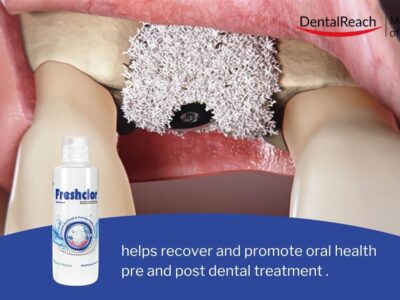
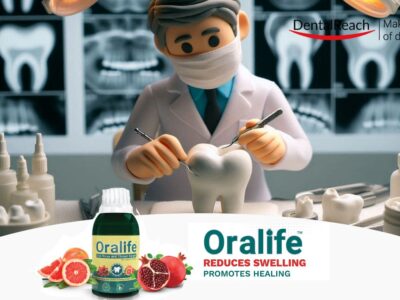
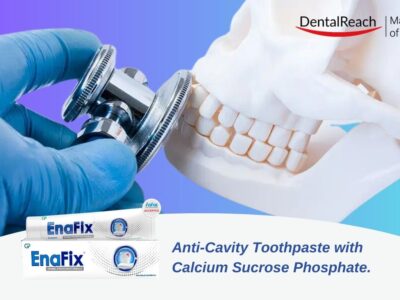
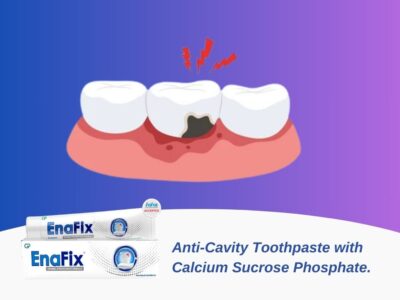









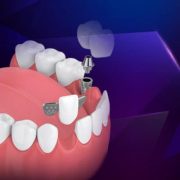
Comments